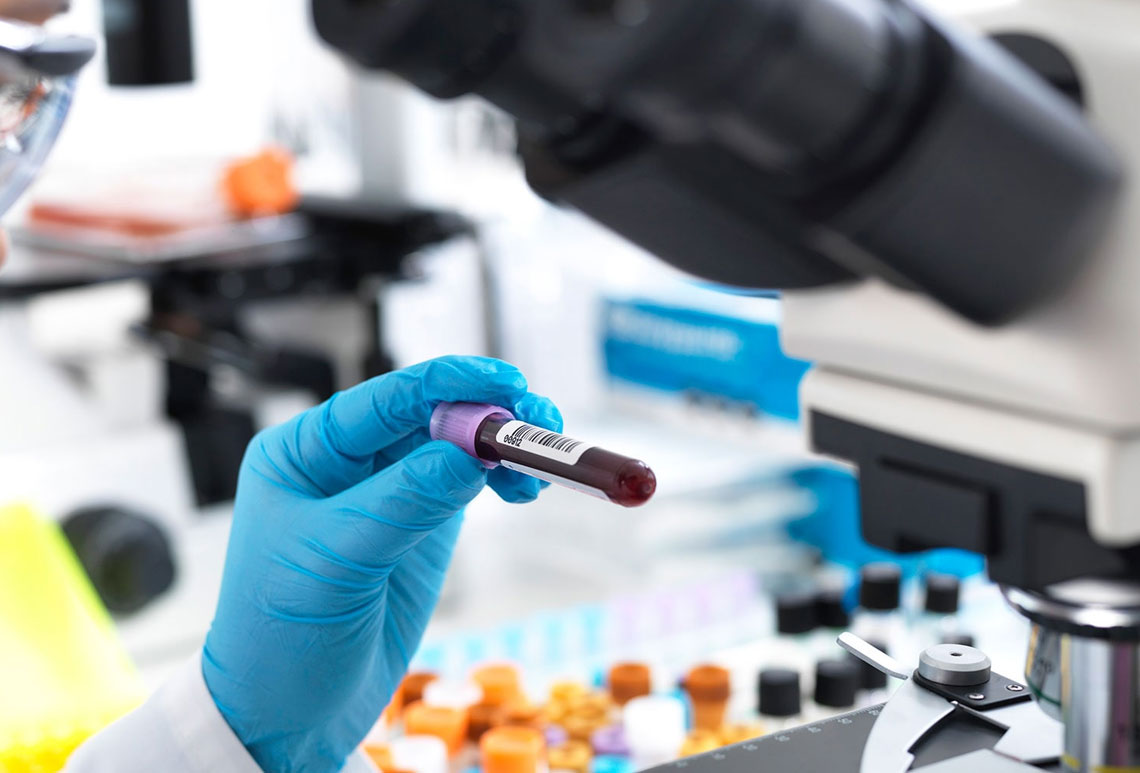-
24/7 available services
-
-

Clinical pathology is a broad medical specialty concerned with diagnosing and monitoring diseases through the analysis of bodily fluids and tissues. By examining these samples in the laboratory, pathologists gain crucial insights into the body's function and identify abnormalities that can point towards various health conditions. What it does: Diagnoses diseases: Clinical pathologists analyze various samples, including blood, urine, cerebrospinal fluid, and tissue biopsies, to diagnose a wide range of diseases like infections, immune disorders, metabolic imbalances, and even cancers. Monitors disease progression: Once a disease is diagnosed, regular testing helps track its progress, assess treatment effectiveness, and detect potential complications. Guides treatment decisions: The information gleaned from laboratory analysis aids healthcare professionals in selecting the most suitable treatment options for individual patients. Predicts future health risks: Identifying certain markers in bodily fluids can predict an increased risk of developing specific diseases, allowing for preventive measures. How it works: Sample collection: Different types of samples are collected based on the suspected condition, following strict protocols to ensure accuracy and minimize contamination. Analysis: Samples undergo various analysis techniques depending on the test required, utilizing sophisticated equipment like microscopes, spectrometers, and automated analyzers. Interpretation: Pathologists interpret the results, considering the patient's medical history, symptoms, and other diagnostic tests, to arrive at a diagnosis or provide valuable information for further evaluation. Reporting: Findings are reported to healthcare professionals who utilize them to make informed decisions about diagnosis, treatment, and patient management. Benefits: Non-invasive or minimally invasive: Most tests require minimal invasiveness, making them relatively painless and patient-friendly. Fast and accurate: Modern technologies provide rapid and precise analysis, leading to timely diagnosis and treatment initiation. Cost-effective: Compared to some other diagnostic methods, clinical pathology tests are often more affordable and readily available.
Post Comments